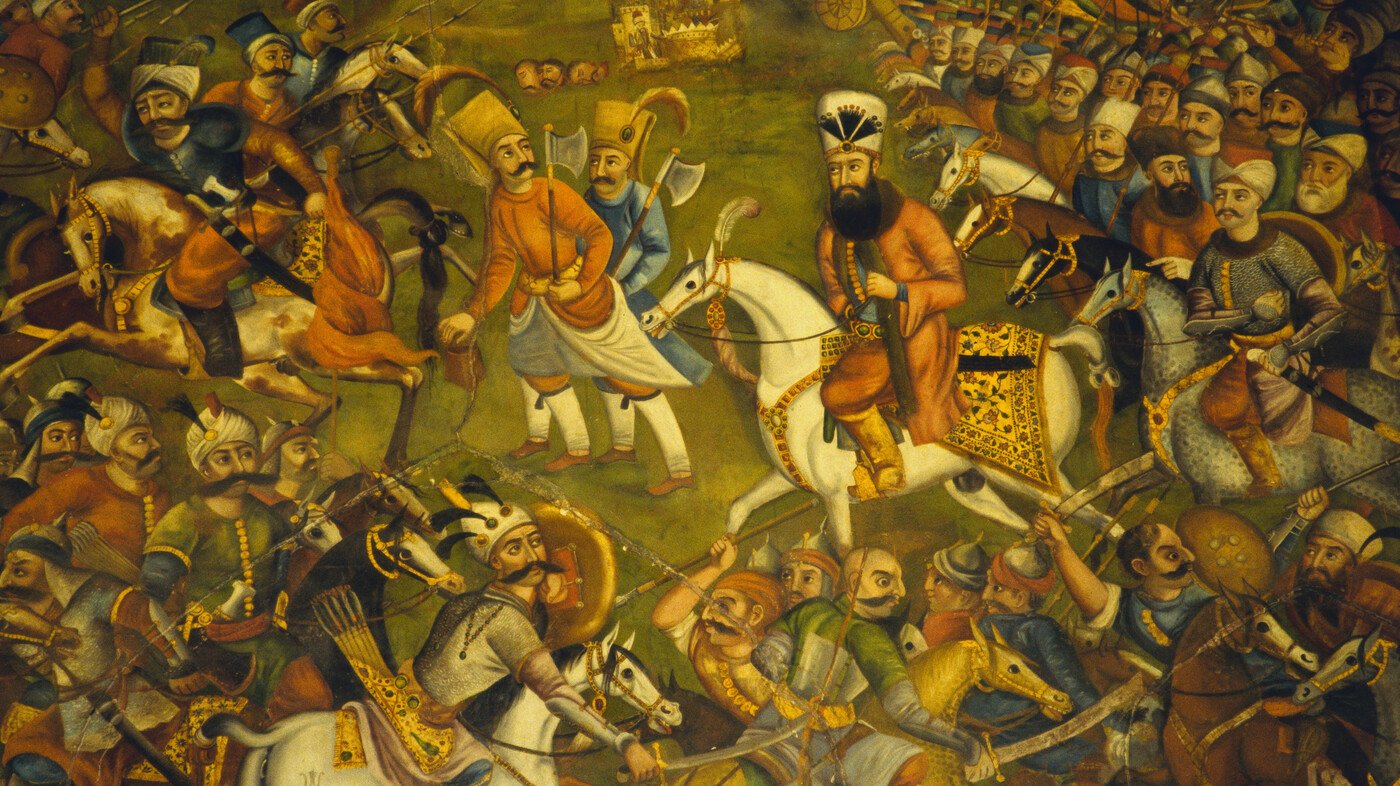The Shia-Sunni Conflict
The point of President Biden’s visit to the Middle East this week is not to preach American moral principles to young Prince Mohammed Bin Salmon of Saudi Arabia, nor to cajole an additional two million barrels of oil per day in an effort to help lower inflation at home to bolster the Democrat’s chances in the midterm elections. Rather, the significance of President Biden’s historic visit is to determine America’s position regarding the 1400-year Shia-Sunni conflict.
After Profit Mohamed’s death, the question of Islam’s leadership split Muslims, the world’s second-largest religion with over two billion members, into two sects: the Sunni sect led by Saudi Arabia, and the Shia sect led by Iran.
Iran is close to developing a nuclear bomb and openly threatens to wipe Israel off the map. The Saudis, while certainly no friends of Israel, are smart enough to know Jews are always the first to go. Whoever comes after the Jews now, will eventually come after them later.
While President Trump has surely taken some foolish actions, his forging of the Abrahamic Accord was brilliant in that it changed the balance of power in the Middle East by making Saudi Arabia and Israeli reluctant allies.
Since Israel’s inception in 1948 as an improvised nation populated by the remnants of the Nazi concentration camps, it has grown into a world-class technology hub, with a global military force capable of defending itself and its Arab neighbors from the threat of Iran’s nuclear regional ambitions.
Recent American administrations have been critical of Israel’s treatment of the Palestinians, and critical of the Saudis for pretty much everything. But if we consider diplomacy to be the art of making the right choice between two bad options, we now see America confronted with brutal Iranian Mullahs chanting “Death to America” as they seek to destroy Israel, versus tribal Saudis still living in Muhammed’s times. And, so, it is left to our ally Israel to do the heavy lifting in this conflict with America’s moral, financial, and technological backing.
America’s near future will be shaped by the outcome of President Biden’s decision this week. Let us acknowledge the difficult choice he is faced with, and wish him all the best.
— Sina.

